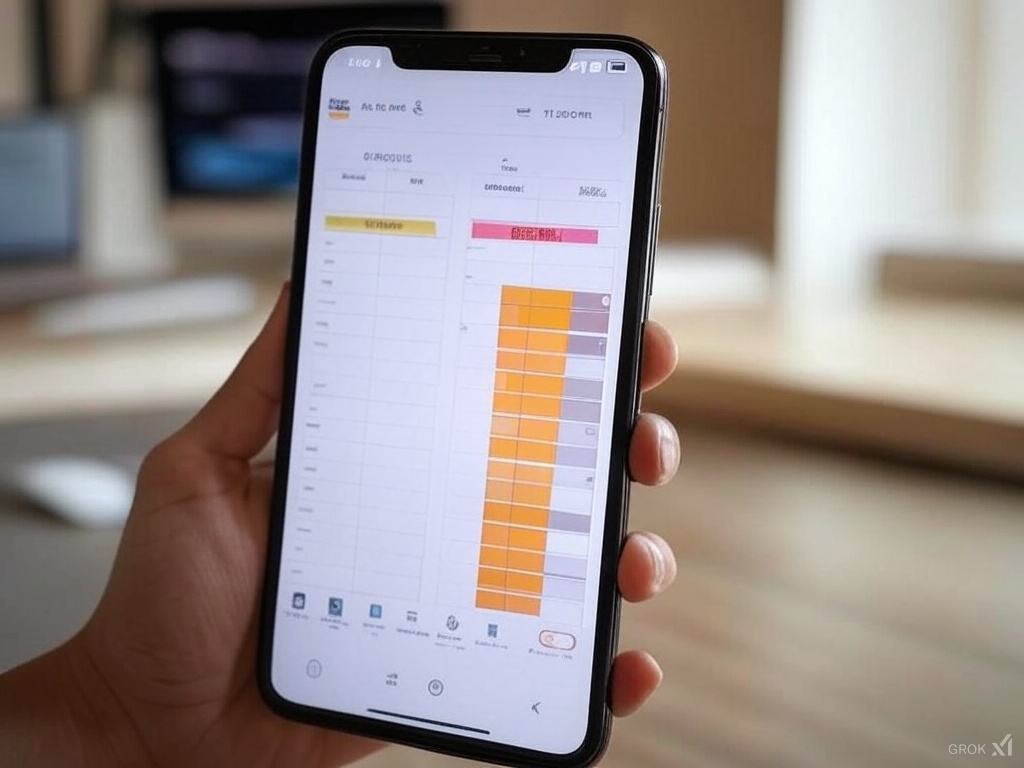Time management is a challenge for many of us—whether you’re juggling work, school, or personal commitments, it often feels like there aren’t enough hours in the day. Distractions, unplanned interruptions, and a lack of structured planning can lead to wasted time and unmet goals. The good news is that AI can help you take control of your time by analyzing your habits, generating a structured schedule, and providing real-time feedback to keep you on track.
In this article, we’ll explore how to use AI to manage your time more effectively. We’ll cover ways to identify your time-wasters, create time-blocked schedules, track your daily activities, and dynamically adjust your plan as needed. Each section includes sample prompts you can use with ChatGPT to begin optimizing your time management.
1. Identifying Your Time-Wasters and Priorities
The first step to managing your time is understanding where it goes. Many people struggle to pinpoint the activities that consume most of their day without contributing to their goals. AI can help you analyze your daily routines and highlight areas where you can improve. By knowing your priorities and what distracts you, you can focus on tasks that truly matter.
Prompts to Type Into ChatGPT:
- “Help me list common time-wasters and suggest ways to reduce them in my daily routine.”
- “What are effective methods to identify which activities are not contributing to my goals?”
- “Generate tips on how to prioritize tasks when I feel overwhelmed by distractions.”
2. Creating a Time-Blocked Schedule
Once you know your priorities, creating a time-blocked schedule can help ensure that you dedicate enough time to what matters most. AI can assist you in organizing your day into blocks for focused work, breaks, and personal time. A well-structured schedule not only maximizes productivity but also helps you maintain a healthy work-life balance.
Prompts to Type Into ChatGPT:
- “Generate a time-blocked daily schedule for someone balancing work and personal life.”
- “Help me create a schedule that includes dedicated blocks for focused work and short breaks.”
- “What are some tips for setting up a time-blocked plan to improve productivity?”

3. Tracking Your Time Usage
Tracking how you spend your day is essential for understanding your habits and making improvements. AI-powered tools can log your activities and analyze how much time you spend on each task. By reviewing this data, you can identify patterns, adjust your schedule, and better align your activities with your priorities.
Prompts to Type Into ChatGPT:
- “What are some effective methods for tracking daily time usage?”
- “Help me design a simple daily log template for recording my activities.”
- “Suggest ways to analyze time-tracking data to identify productivity trends.”
4. Adjusting Your Schedule Dynamically
Your daily routine isn’t static—unexpected events and changing priorities require flexibility. AI can provide real-time feedback based on your tracked data, suggesting adjustments to your schedule when needed. This dynamic approach ensures that your plan remains effective even when things in life don’t go as expected.
Prompts to Type Into ChatGPT:
- “How can I adjust my daily schedule if I consistently fall behind on my tasks?”
- “Suggest ways to modify my time-blocked plan based on feedback from daily time-tracking data.”
- “Help me create strategies for dynamically updating my schedule when priorities shift.”
5. Leveraging Other AI Tools for Time Management
In addition to ChatGPT, several other AI-powered tools can enhance your time management:
- Google Calendar: Automates scheduling, sends reminders, and integrates with various apps for seamless organization.
- RescueTime: Monitors your computer and mobile usage to provide detailed reports on how you spend your time.
- Trello: Uses boards and cards to visually manage tasks and projects, helping you organize your workflow.
- Notion: An all-in-one workspace that leverages AI to organize notes, tasks, and projects in a customizable format.
- Microsoft To Do: Helps you create task lists and set deadlines, integrating with other Microsoft apps to streamline your workflow.
Each of these tools can work in harmony with ChatGPT, offering different perspectives and insights to build a comprehensive time management system.
Advanced Techniques for Time Management With AI
Managing your time effectively is the cornerstone of achieving your goals and maintaining balance in your busy life. By identifying your time-wasters, creating a structured, time-blocked schedule, tracking your activities, and dynamically adjusting your plan, you can transform chaos into clarity. Leveraging additional AI tools further enhances your ability to stay organized and productive.
If you’re ready to dive even deeper into mastering your time, our advanced e-book covers:
- Real-Time Dynamic Rescheduling: Techniques for adapting your daily plan based on live data.
- Comprehensive Multi-Tool Integration: Strategies for combining insights from ChatGPT, Google Calendar, RescueTime, and more.
- Adaptive Time Blocking: Advanced methods to fine-tune your focused work and break intervals.
- Predictive Time Management: Using AI to forecast productivity trends and proactively plan your day.
- Personalized Productivity Analytics: How to continuously analyze and optimize your work habits for maximum efficiency.
Unlock your full potential and take control of your day by checking out our advanced e-book today!
